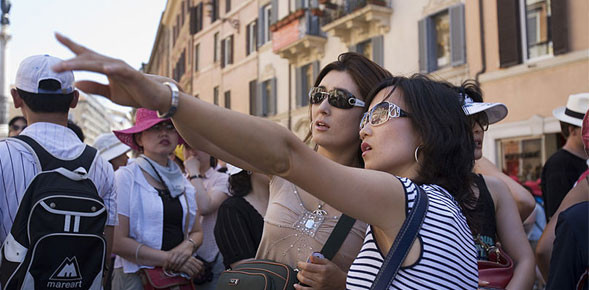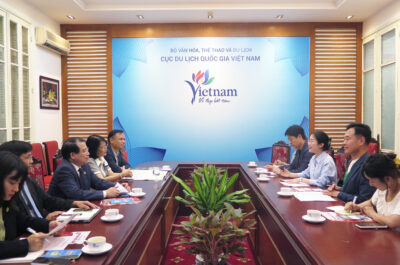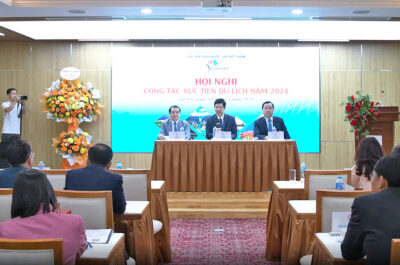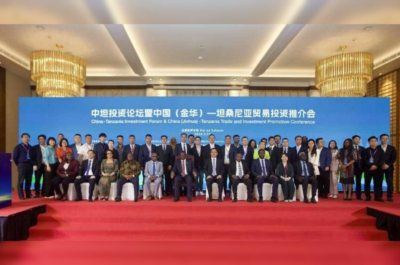Japanese consumers had been buying their holidays under regulations drafted in the 1990’s. These gave travellers an extraordinary degree of freedom and protection. They were able to delay formal confirmation of bookings until 30 days prior to departure, with no penalty for cancellation.
JATA, the Japanese Association of Travel Agents, has just issued new guidelines for operators working in the Japanese market. They constitute a relaxation of some of the most stringent consumer laws in the world.
Japanese consumers had been buying their holidays under regulations drafted in the 1990’s. These gave travellers an extraordinary degree of freedom and protection. They were able to delay formal confirmation of bookings until 30 days prior to departure, with no penalty for cancellation. This has led to a habit of clients placing reservations on tours they may wish to purchase, and making a decision at the last moment. They were also entitled to lavish compensation if the product they bought differed in any respect from that which they booked. This applied even if they were offered more luxurious accommodation.
The law had been passed to protect Japanese customers from being misled, and it was passed at a time when hotels had plenty of capacity. In order to market their product, Japanese operators need to place their bookings eighteen months before arrival. But, because of the late confirmation pattern, they were only able to confirm this booking four weeks in advance. Hotels were being asked to block out reservations for 74 of the 78 weeks prior to arrival, on the chance that a Japanese client would confirm. With new markets opening up, and increasing demand for the best quality accommodation, fewer hotels were willing to do business on these terms. And any hotels which were prepared to take reservations, only wished to do so if they were indemnified against book-out charges, or at a higher rate.
Japanese clients were effectively offered a reduced range of product at a higher price because of these regulations.
Under the new guidelines which are coming in to force in October of this year, Japanese operators will be able to offer consumers upgraded accommodation, so long as it appears on a published list. And, in an explicit attempt to curtail “multiple simultaneous reservations” operators will be allowed to charge non-refundable deposits for the air portion of the holiday.
Tom Jenkins said: “We have been discussing with JATA the impact of these consumer laws for over two years. So we are delighted that these revisions have been made. The travel industry is in a process of constant change, with new markets and methods of distribution arising on a weekly basis. In such an environment, it is important that everybody is open to adapt. It shows real leadership on the part of JATA that they have been able to respond like this.”
“In this they have proved themselves the customer’s best ally. All consumer regulations cost money, and the cost is always borne by the consumer. In the case of Europe, that cost was becoming too high. The combination of late confirmation, low materialisation and stringent demands for exact precision meant that hotels were reluctant to hold on to rooms for the exclusive use of Japanese clients.”
“It has to be stressed that this does not mean any relaxation of the standards required by the Japanese market. We understand that penalties remain in place for any mistake in the provision of rooms. Twin beds and baths are a requirement. Book-outs remain taboo, and can be countenanced only in exceptional circumstances. It will still be open to operators to waive cancellation charges.”
“A degree of flexibility has occurred. There is a recognition that, as the market changes, so should the regulations. JATA appear to be committed to this as a continual process. In this they have taken a lead, which other regulatory regimes should note and follow.”
“This is particularly the case as few guests are as important for Europe as the Japanese. All markets are important, and new markets are particularly welcome. But in tourism you cannot have new old friends. Japan has been a wonderful customer for Europe ever since the 1970’s, and has consistently been delivering nearly four million visitors every year over the last decade.”
“The Japanese bring an extraordinary level of informed enthusiasm: it is always the most original designs and authentic products that attract their custom. To be endorsed by Japanese clients remains the mark of quality.”
Theodore is the Co-Founder and Managing Editor of TravelDailyNews Media Network; his responsibilities include business development and planning for TravelDailyNews long-term opportunities.











































































